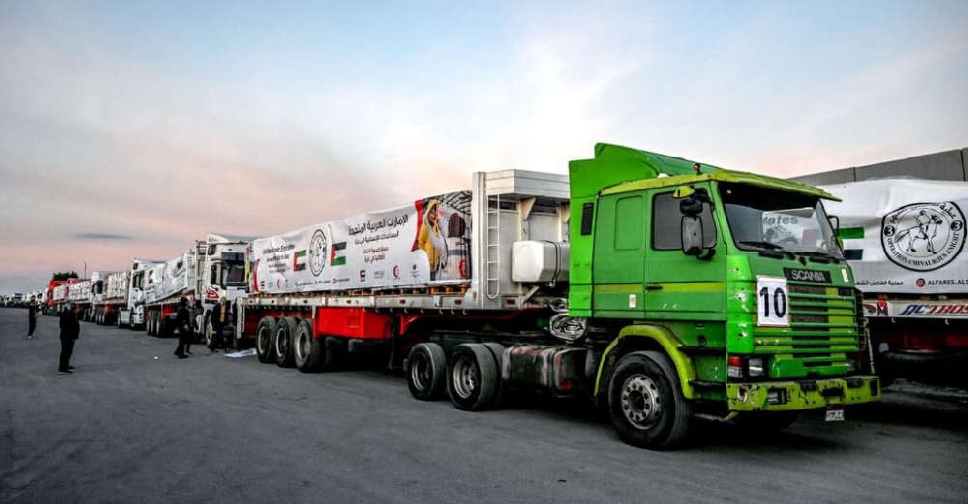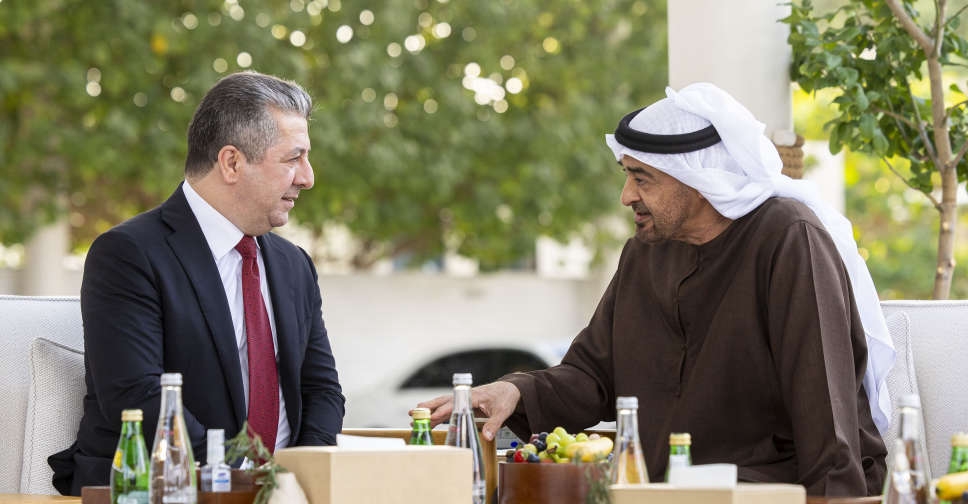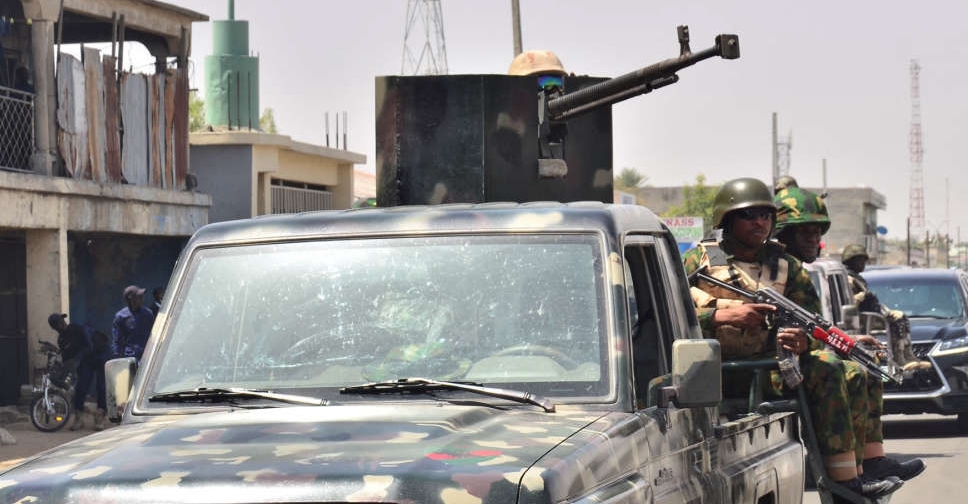
The Nigerian army on Sunday rescued students and staff who were abducted by gunmen from a school in the country's north earlier this month, the military said, days before a deadline to pay a $690,000 ransom.
The kidnapping of 287 students on March 7 in Kuriga, a dusty town in the northwestern state of Kaduna, was the first mass abduction in Africa's most populous nation since 2021 when more than 150 students were taken from a high school in Kaduna.
Military spokesperson Major General Edward Buba said 137 hostages - 76 females and 61 males - were rescued in the early hours of Sunday in neighbouring state of Zamfara.
"In the early hours of March 24, the military working with local authorities and government agencies across the country in a coordinated search and rescue operation rescued the hostages," Buba said in a statement.
A security source said earlier the students had been freed in a forest and were being escorted to Kaduna's capital for medical tests before being reunited with their families.
It was not immediately known whether security forces had to extract the hostages from the hands of their captors or whether there had been any clash in the process.
Kaduna Governor Uba Sani had earlier put the total number of hostages at over 200. Officials were not immediately available to comment on the discrepancy in reported hostage numbers.
Abductions at Nigerian schools were first carried out by terror group Boko Haram, which seized 276 students from a girls' school in Chibok in northeastern Borno State a decade ago. Some of the girls have never been released.
Since then the tactic has been widely adopted by criminal gangs without ideological affiliation.
Last week, the gunmen demanded 1 billion naira ($690,000) for the release of the missing children and staff. The government had said it would not pay ransom. The practice was outlawed in 2022.
But kidnappings by criminal gangs demanding ransoms have become an almost daily occurrence, especially in northern Nigeria, tearing apart families and communities that must pool savings to pay ransoms, often forcing them to sell land, cattle and grain to secure the release of their loved ones.
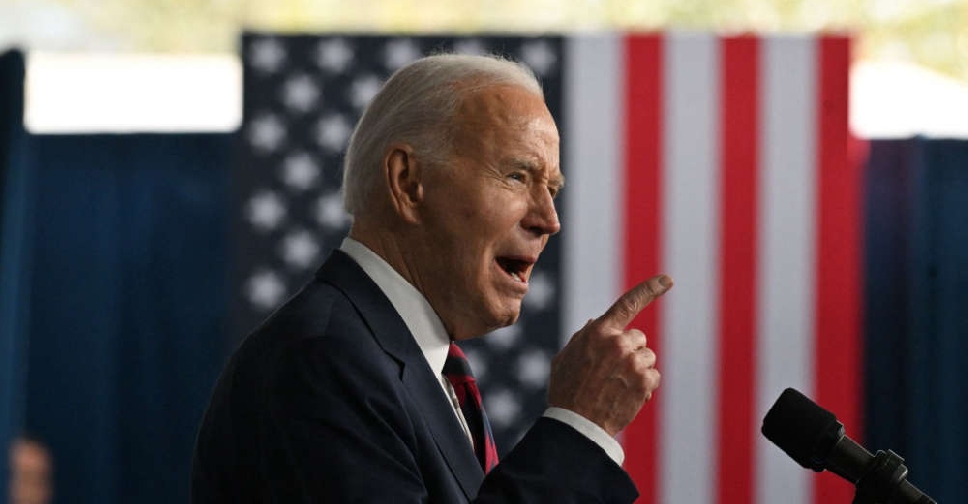 Biden welcomes Gaza ceasefire as aid trucks rush to help civilians
Biden welcomes Gaza ceasefire as aid trucks rush to help civilians
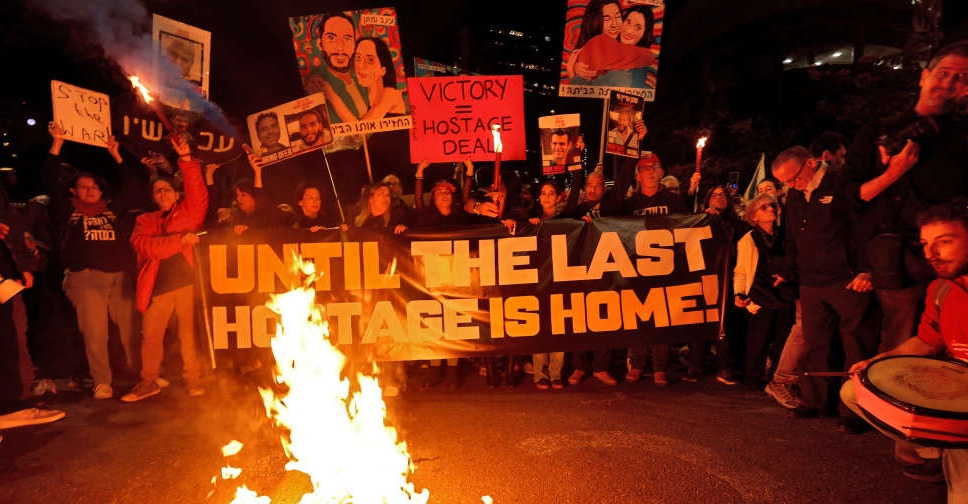 Gaza ceasefire comes into effect after hostage names released
Gaza ceasefire comes into effect after hostage names released
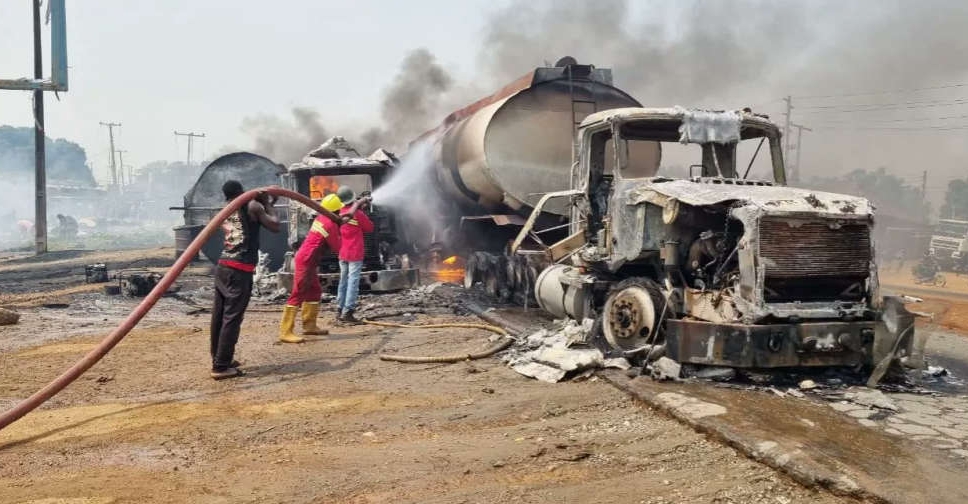 Nigeria tanker truck blast toll rises to 86
Nigeria tanker truck blast toll rises to 86
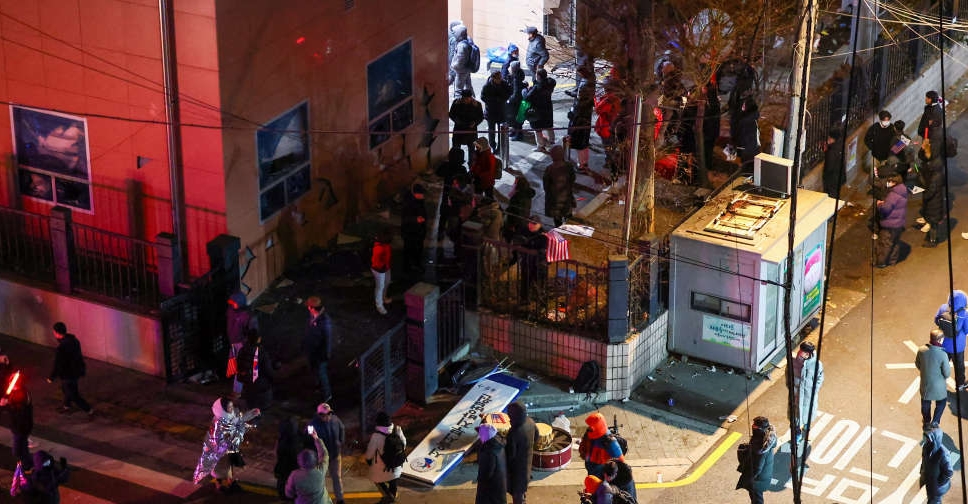 Protesters storm South Korea court
Protesters storm South Korea court
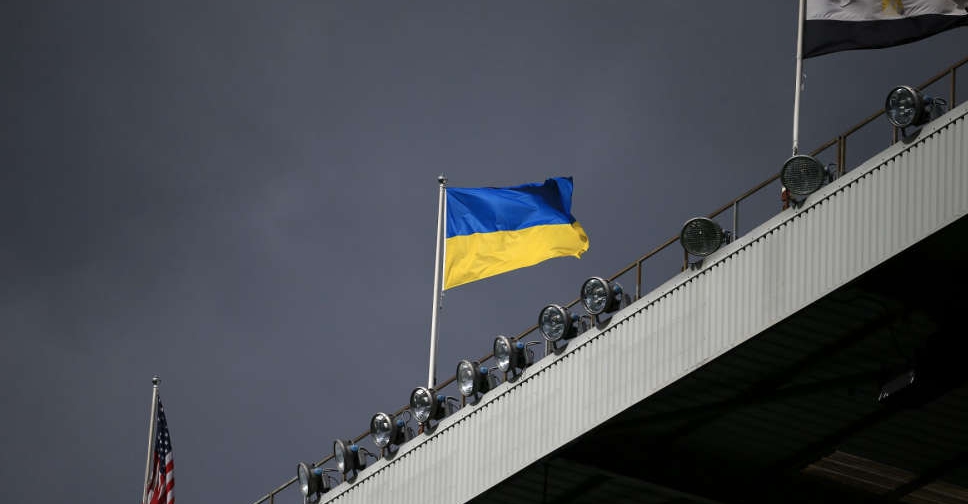 Three killed in Russian airstrike on Kyiv, officials say
Three killed in Russian airstrike on Kyiv, officials say

